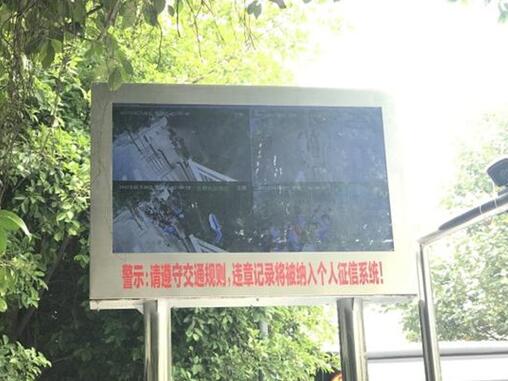Post-80s judge ‘battle-hardened’ against corrupt officials
 |
|
Jiang Wei.[Photo/Official Weibo account of Beijing First Intermediate People’s Court] |
When talking about open trials of cases involving corrupt officials, Jiang Wei, a post-80s judge from a court in Beijing has had more experiences than almost anybody else.
After graduation from Tsinghua University’s School of Law with master’s degree in 2005, Jiang joined Beijing First Intermediate People’s Court and later became a criminal court judge, according to Beijing Evening News.
In 2014, he was appointed as the vice-presiding judge of the court’s No 2 Criminal Tribunal, as he was one of the youngest and brightest judges in the country’s judicial system.
In the nationwide fight against corruption launched in 2012, the fall of two “big tigers”, or high-ranking officials, impressed him the most.
One was Tian Xueren, former deputy governor of Jilin province, who was in 2013 charged with receiving 85 bribes worth more than 19 million yuan ($3.1 million) from 1995 to 2011.
Jiang Wei still remembers the morning of Nov 1, when he was sitting across Tian Xueren at the courtroom of No 2 Criminal Tribunal. As the presiding judge of the trial, he announced the judgment in a strong voice that Tian Xueren was sentenced to life imprisonment, deprived him of political rights for life, along with the confiscation of the money he received in bribes. Tian pleaded guilty and didn’t appeal to a higher court.
On July 17, 2014, at the same court, Jiang Wei announced another significant verdict: Wang Suyi, former head of the United Front Work Department in the Party’s Inner Mongolia committee, was sentenced to life imprisonment for accepting bribes. He was accused of taking bribes worth more than 10.73 million yuan ($1.71 million). Like Tian, Wang didn’t appeal to a higher court.
Facing the “big tigers”, Jiang admits sentencing the “big tigers” was a high pressure job as he had to make sure that the judgment was as fair as possible.
“Sometimes it’s like a contest between you and the defendants,” Jiang Wei said. When referring to Wang Suyi, Jiang said during the first arraignment, he told Wang that it’s him who made Tian Xueren’s verdict last year, “When they know you’re an experienced judge, they will respect and cooperate with you better.” Jiang said.
Jiang has so far handled a dozen of corruption cases concerning ministerial-level officials, with the highest illicit money from a case reaching over 20 million yuan ($3 million).
“The proceeding of criminal cases usually take seven or eight months, not counting some cases with several supplement investigation,” Jiang said. Unlike the civil cases, criminal cases involving corruption and delinquency are more complicated and time-consuming.
In addition, Jiang has dealt with several major white-collar crime cases involving real estate, commerce, internet, among which the highest value of case recorded was 396 million yuan ($57.7 million).
“In general, a copy of the written judgment contains 20,000 to 30,000 words, and needs at least four or five revisions.” Jiang said. “Even a tiny mistake in high-profile cases can have major consequences.” he said.
Over the last couple of years, Jiang has dealt with more than 140 cases, and not a single lawsuit or complaint has been filed in any case.
“I like being a judge; it’s a mentally challenging work.” A competent judge must work hard and make decisions after serious considerations.
“When I became a judge 10 years ago, I decided to devote myself to this job.” Jiang said.

